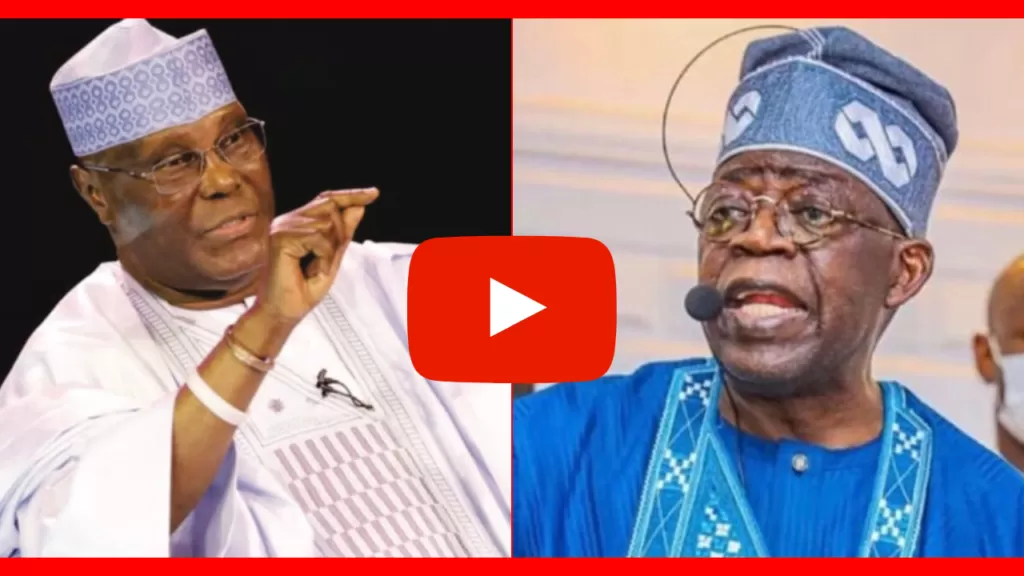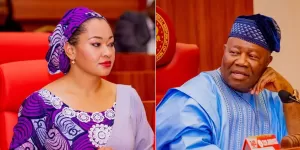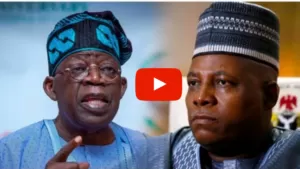Atiku Calls Tinubu ‘T-Pain’: Here is What You Need to Know

Atiku Abubakar, Nigeria’s former Vice President and the PDP’s 2023 presidential candidate, has recently referred to President Bola Tinubu as “T-Pain” in response to the economic policies of Tinubu’s administration, particularly focusing on the fuel subsidy removal and its impact. Here’s a summary of the situation based on the latest information available up to October 10, 2024:
- Criticism Over Fuel Subsidy: Atiku criticized the Tinubu administration for what he described as a “haphazard and disingenuous approach to fuel subsidy management.” This approach, according to Atiku, has led to the current economic crisis in Nigeria, marked by escalating inflation and increased hardship for citizens.
- The ‘T-Pain’ Nickname: Atiku’s use of “T-Pain” seems to be a derogatory nickname, possibly implying that Tinubu is causing pain for Nigerians through his policies, or it might be a reference to the American singer-songwriter T-Pain, known for his use of autotune, suggesting a disconnect or out-of-tune approach to governance.
- Economic Hardship: Atiku highlighted that despite the economic difficulties facing Nigerians, President Tinubu appears “undisturbed by the hardship in the country.” This statement reflects a growing sentiment among opposition figures and some citizens about the government’s response to economic challenges post-fuel subsidy removal.
- Public Reaction: The nickname and criticism have sparked discussions on platforms like X (formerly known as Twitter), where users engage with political commentary. While some may see this as a mere political jab, it underscores broader debates on economic policy, governance, and the impact of recent economic decisions on the Nigerian populace.
- Political Context: This critique comes in a politically charged environment where opposition leaders are scrutinizing every policy of the new administration. Atiku’s comments could be part of a broader strategy to keep the economic issues at the forefront of public discourse, challenging the government’s handling of the economy.
- Economic Policies in Question: The fuel subsidy removal was intended to rationalize spending and reduce government expenditure on subsidies, aiming for economic efficiency. However, the implementation and subsequent price hikes have led to significant public outcry over the cost of living.
This episode encapsulates the ongoing political and economic discourse in Nigeria, where opposition leaders like Atiku are using public platforms to critique the government’s policies, particularly those affecting the economic well-being of the average Nigerian.







